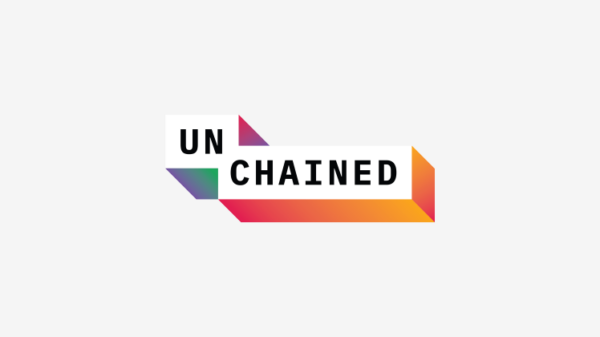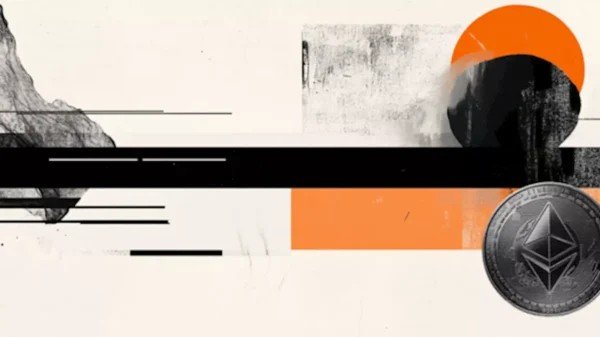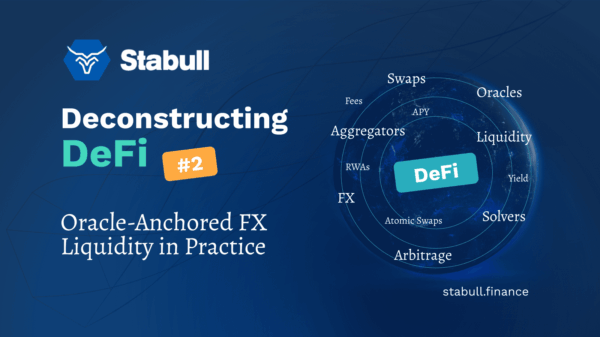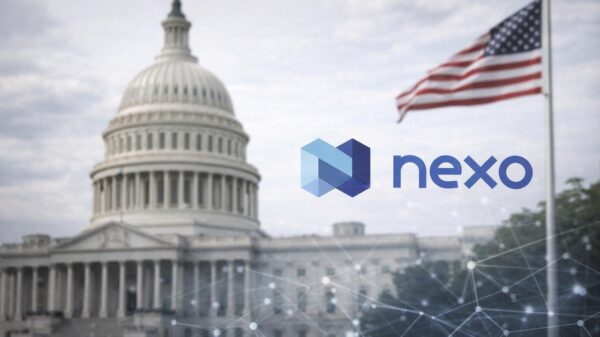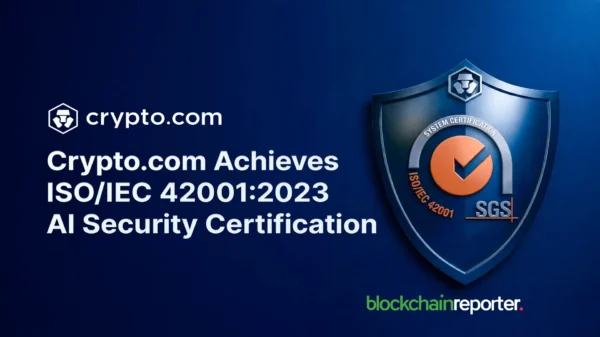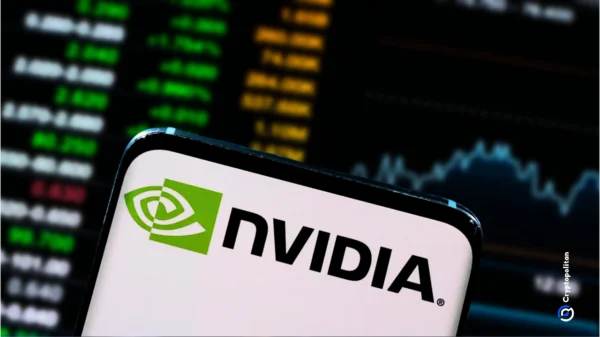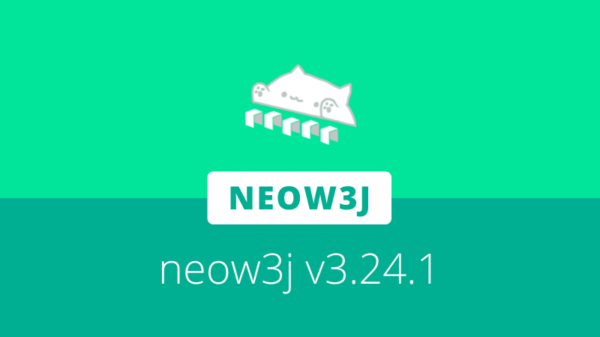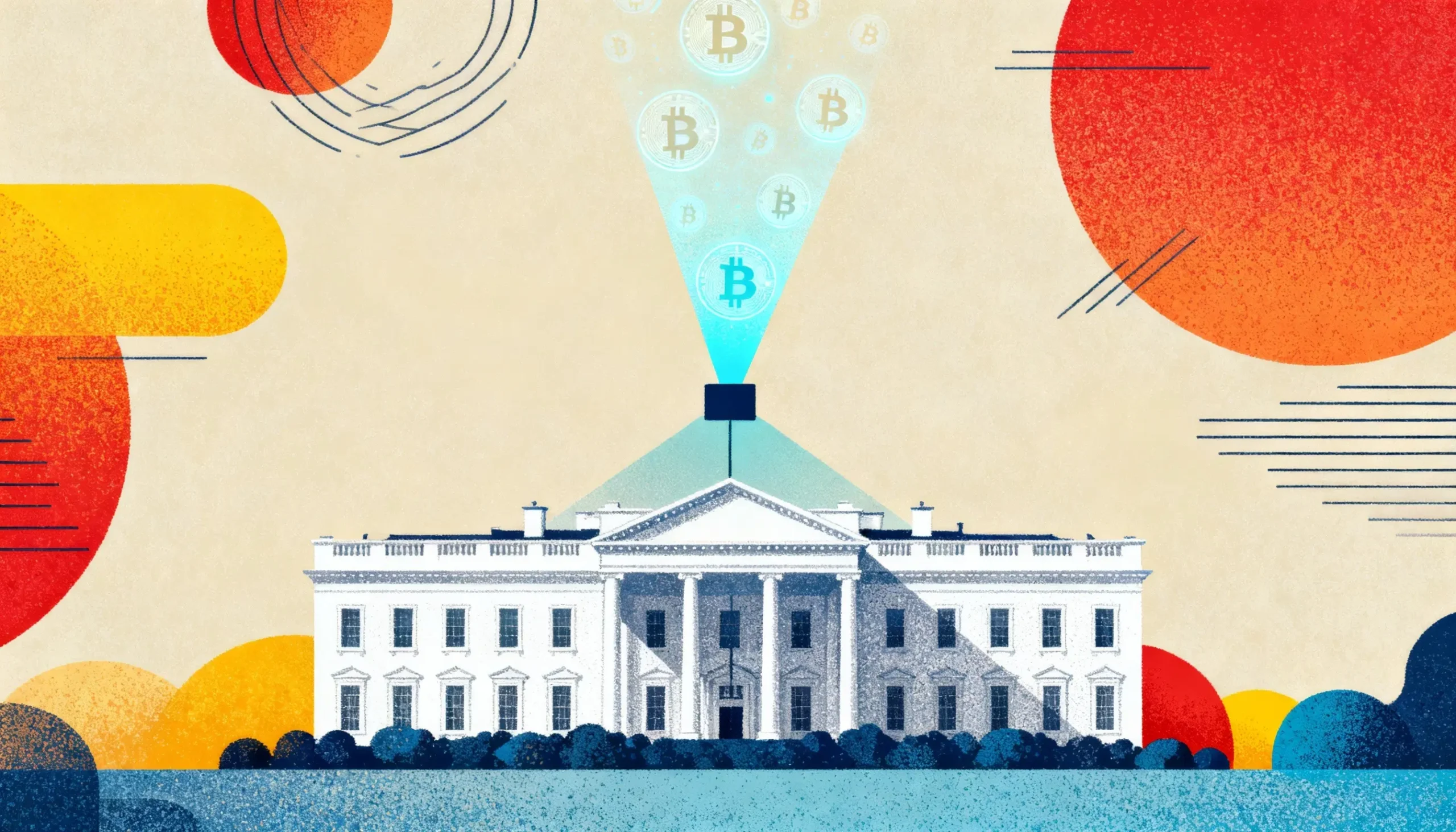The U.S. Treasury Department has taken a significant step towards tightening regulations on cryptocurrency by proposing to join the Crypto-Asset Reporting Framework (CARF). This initiative, which is led by the OECD, aims to combat tax evasion and is indicative of a broader shift in how the U.S. approaches digital asset regulation.
Joining CARF means that U.S. tax authorities will gain access to crypto account information from other participating jurisdictions, including Japan, Singapore, Germany, the UK, and the UAE. This is akin to the Foreign Account Tax Compliance Act (FATCA) but specifically tailored for cryptocurrencies. As a result, if a U.S. citizen engages in trading on foreign centralized exchanges (CEXs), the Internal Revenue Service (IRS) will be informed. The administration”s rationale centers on ensuring that U.S. exchanges are not at a competitive disadvantage compared to their offshore counterparts, which may operate under less stringent reporting requirements.
The proposal emphasizes that CARF will effectively prevent U.S. taxpayers from transferring their assets abroad to evade tax obligations. This move positions CEXs as increasingly similar to traditional banking institutions on a global scale.
However, the most noteworthy aspect of this regulatory shift is the administration”s stance on decentralized finance (DeFi). Unlike centralized platforms, the recommendations associated with CARF indicate that DeFi protocols will not be subjected to the same reporting requirements as centralized intermediaries. This distinction is pivotal and marks a crucial acknowledgment from Washington that decentralized financial systems are integral to the evolving financial landscape.
By delineating between companies managing user funds and protocols executing code, the U.S. government has sent a clear signal: DeFi is not regarded as a threat but rather as an essential component of the future financial architecture.
In summary, while the new regulations signal the end of the era of hiding assets on offshore CEXs, they also lay the groundwork for a compliant and transparent crypto ecosystem. This regulatory framework is poised to facilitate institutional adoption and pave the way for DeFi to thrive in a more structured environment. The U.S. is not initiating a crackdown; instead, it is fostering the development of a tax-compliant crypto economy while encouraging the growth of decentralized financial solutions.











